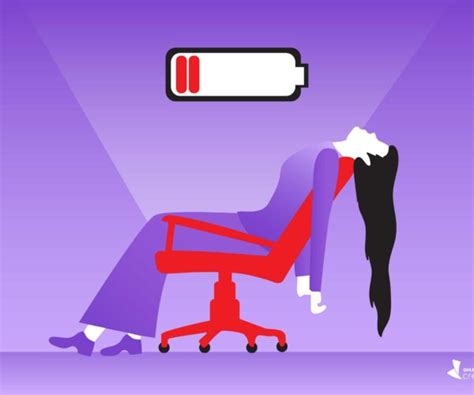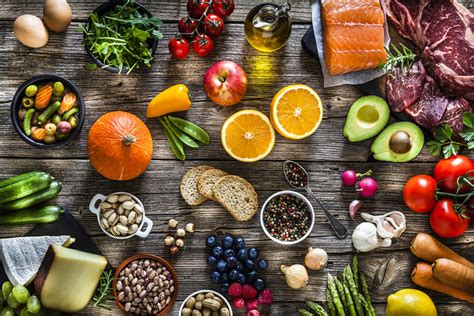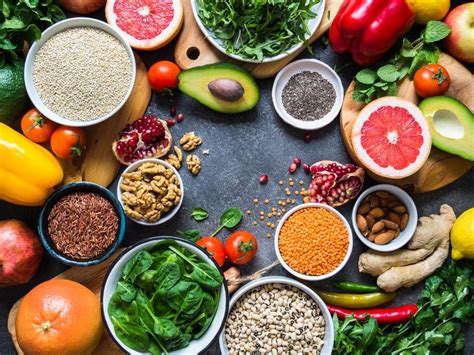Optimize daily energy: What nutrition beats afternoon fatigue?

That familiar dip in energy often strikes mid-afternoon, making focus difficult and productivity plummet. It’s not just a sign of a busy day; often, the foods we choose (or don’t choose) play a significant role in this post-lunch lethargy. Understanding how nutrition impacts our energy levels throughout the day is key to optimizing performance and beating the dreaded afternoon fatigue.
Understanding the Afternoon Slump
The afternoon energy crash is a common phenomenon, often linked to fluctuations in blood sugar, dehydration, or simply poor meal choices earlier in the day. A heavy lunch high in refined carbohydrates can cause a rapid spike and then a dramatic drop in blood glucose, leaving you feeling sluggish and craving more sugar. Poor sleep, stress, and lack of physical activity also contribute, but nutrition remains a powerful and direct lever we can pull.

The Nutritional Pillars for Sustained Energy
Balanced Macronutrients: The Foundation of Energy
Your body needs a steady supply of energy, and that comes from macronutrients: carbohydrates, proteins, and fats. The key is to choose the right types and combine them intelligently.
- Complex Carbohydrates: Unlike simple sugars that provide a quick but short-lived energy burst, complex carbs (found in whole grains, vegetables, and legumes) are digested slowly, releasing glucose into the bloodstream gradually. This prevents sharp energy spikes and subsequent crashes.
- Lean Protein: Including protein with every meal helps slow down the absorption of carbohydrates, further stabilizing blood sugar levels. Protein also contributes to satiety, keeping hunger at bay and preventing impulsive, energy-draining snack choices.
- Healthy Fats: Essential for hormone production and nutrient absorption, healthy fats (from avocados, nuts, seeds, and olive oil) provide a concentrated and sustained source of energy, helping you feel fuller longer and maintaining steady energy levels.

Micronutrients: The Hidden Boosters
Beyond macronutrients, certain vitamins and minerals are critical for energy production at a cellular level. Deficiencies can manifest as chronic fatigue.
- B Vitamins: These are essential for converting food into energy. Found in whole grains, lean meats, eggs, and leafy greens.
- Iron: Crucial for oxygen transport in the blood. Low iron (anemia) is a major cause of fatigue. Sources include red meat, spinach, lentils, and fortified cereals.
- Magnesium: Involved in over 300 biochemical reactions in the body, including energy production. Rich sources include nuts, seeds, leafy greens, and dark chocolate.
Hydration is Key
Even mild dehydration can significantly impact your energy levels, mood, and cognitive function. Water is involved in every bodily process, including nutrient transport and waste removal. Make sure you’re drinking enough fluids throughout the day, especially water, and limiting sugary drinks that can exacerbate energy crashes.

Strategic Meal Timing and Snacking
It’s not just what you eat, but when you eat it. Spreading your food intake across three balanced meals and one or two smart snacks can help maintain stable blood sugar and energy levels. Avoid skipping breakfast, which sets a poor precedent for the day, and ensure your lunch is well-balanced to prevent the mid-afternoon slump.
For snacks, opt for combinations of protein and fiber – an apple with a handful of almonds, Greek yogurt with berries, or vegetable sticks with hummus are excellent choices that provide sustained energy without the crash.

Foods to Favor and Foods to Limit
Favor These Energy-Boosting Foods:
- Whole Grains: Oats, quinoa, brown rice, whole-wheat bread.
- Lean Proteins: Chicken breast, fish, eggs, beans, lentils, tofu.
- Fruits and Vegetables: Berries, apples, leafy greens, broccoli, sweet potatoes.
- Healthy Fats: Avocados, nuts, seeds, olive oil.
Limit These Energy-Draining Foods:
- Sugary Drinks and Sweets: Sodas, candies, pastries.
- Refined Carbs: White bread, white pasta, processed snacks.
- Heavy, Fried Foods: These can divert a lot of energy to digestion.

Conclusion
Conquering afternoon fatigue is entirely possible with mindful nutritional choices. By prioritizing balanced meals rich in complex carbohydrates, lean proteins, healthy fats, and essential micronutrients, alongside consistent hydration, you can provide your body with the sustained energy it needs. Make these adjustments part of your daily routine, and watch your productivity and well-being soar throughout the entire day.









